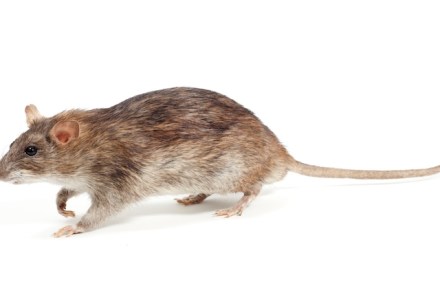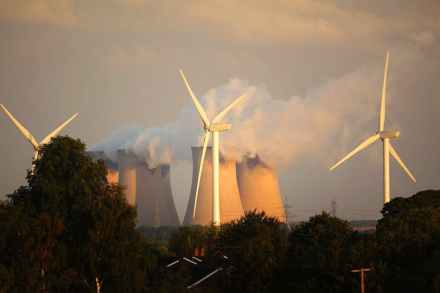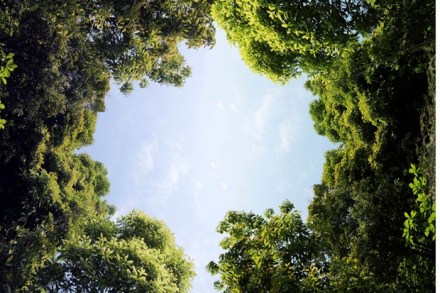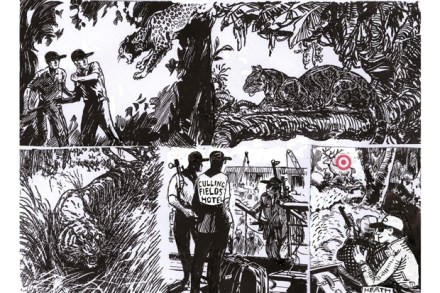The art of the impossible
The extermination of every single one of South Georgia’s rats, for the sake of its birds, was confirmed at a press conference in London last week. A summer of searching with dogs and bait two years after the last poison was deployed turned up no sign of a rodent. This achievement is remarkable, not least




















